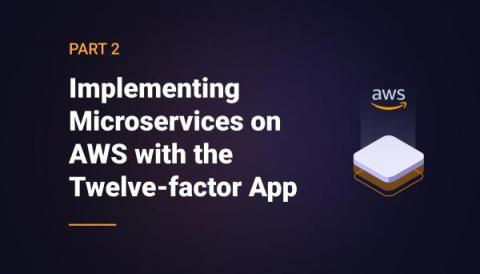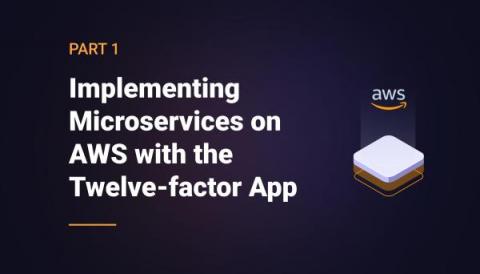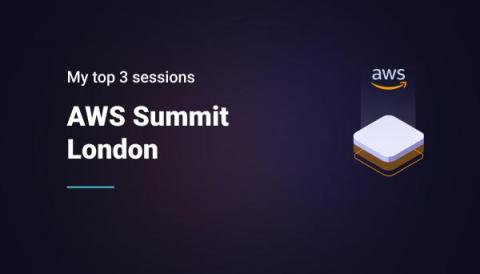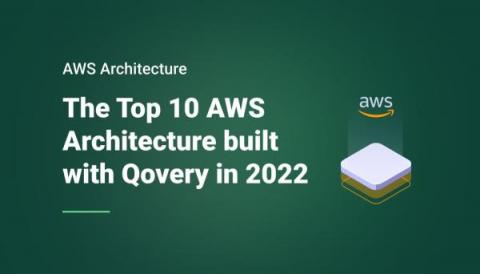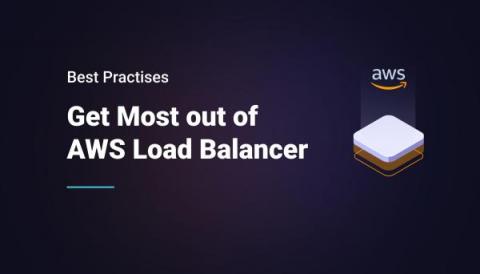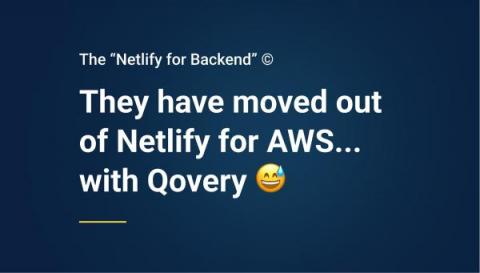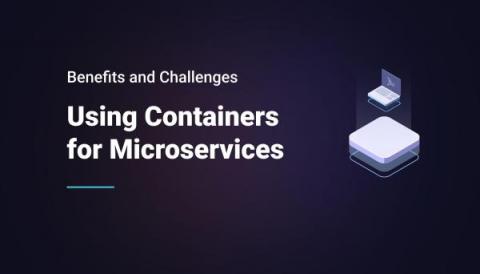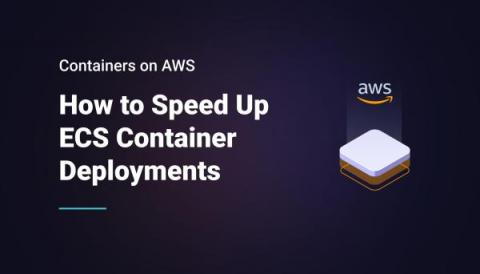Implementing Microservices on AWS with the Twelve-factor App - Part 2
Welcome to the second post in a series of “Implementing Microservices on AWS with the Twelve-factor App”. In the first post, we covered the areas around the codebase, configuration, code packaging, code builds, and stateless processes. This article will go through the remaining areas for best practices in microservices. Let’s start the discussion with Port mapping!


